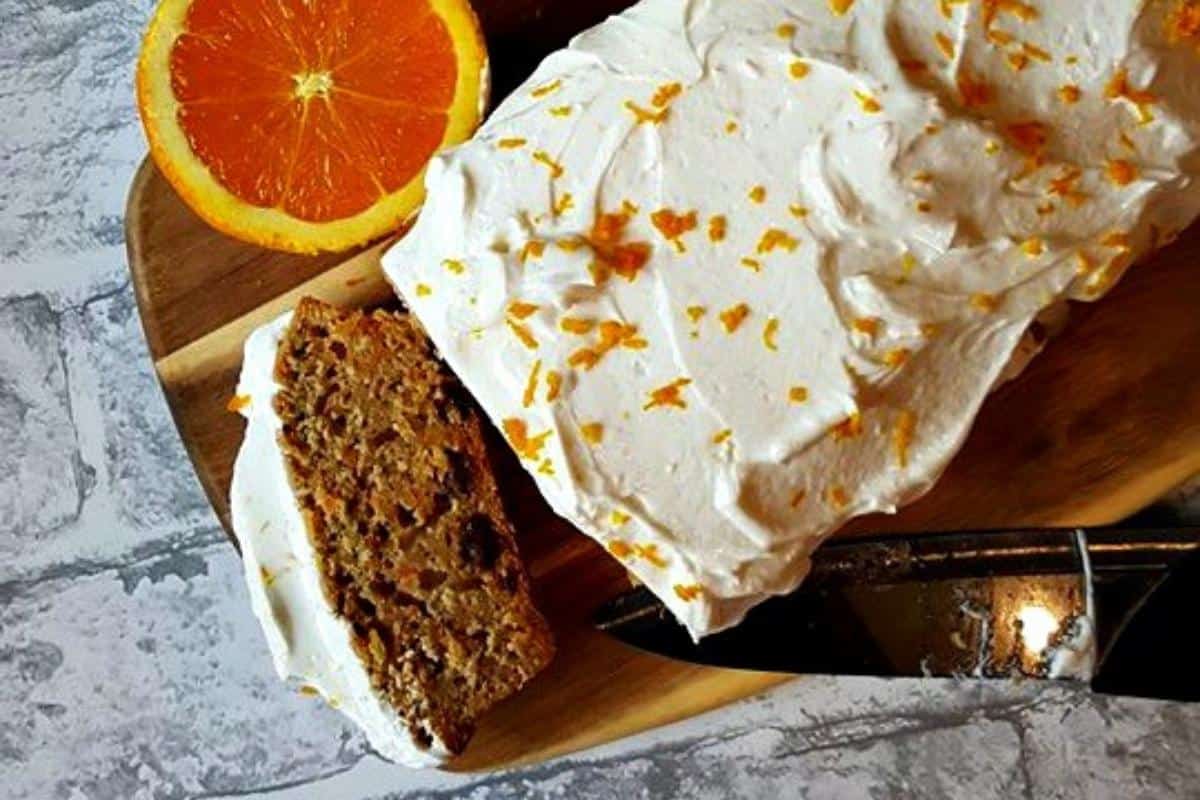The Ultimate Guide to Staying Healthy as a Vegan
Switching to a vegan lifestyle has many benefits. Whether you’ve made the choice for the animals, the planet, or personal health, you’re not alone. But making the change is more than just cutting out animal products, it takes careful planning to ensure you’re hitting all the right nutritional notes and stay healthy as a vegan.
If you’ve ever wondered, “Am I getting all the nutrients I need?” or “Do vegans really need supplements?”, this guide is for you. Below, I’ll share practical advice on what to eat, what to supplement, and how to thrive on a vegan diet.

Why Nutrient Planning Matters for Vegans
Eating plant-based is fantastic for many reasons, but some essential nutrients are harder to find without animal products. Without proper planning, deficiencies can occur, potentially impacting your health. The goal isn’t to scare you, it’s to empower you. A well-rounded vegan diet is totally achievable and can be delicious, too.
Let’s look at the vital nutrients you need and how to incorporate them into your routine.
Key Nutrients Vegans Should Know About
1. Vitamin B12
Why You Need It: B12 is crucial for brain health, nerve function, and red blood cell production. It’s naturally found in animal products, leaving vegans at risk of deficiency.
Where to Get It:
- Foods: Fortified cereals, plant milks, and nutritional yeast.
- Supplementation: Taking a B12 supplement (at least 2500 mcg weekly or 10 mcg daily) is the easiest and most reliable option.
Pro Tip: Even long-term vegans swear by fortified nutritional yeast for a cheesy, nutty flavour in their meals (and an easy B12 boost).
2. Iron
Why You Need It to stay healthy as a vegan: Iron carries oxygen in your blood. Without enough iron, you can feel sluggish and fatigued.
Where to Get It:
- Foods: Lentils, chickpeas, tofu, quinoa, spinach, and fortified cereals.
- Tips: Pair iron-rich foods with vitamin C (oranges, bell peppers, strawberries) to boost absorption.
Supplementation? Only if your blood tests show low levels—a balanced vegan diet is usually sufficient for iron.
3. Omega-3 Fatty Acids (EPA & DHA)
Why You Need It: These healthy fats support brain function, heart health, and inflammation control.
Where to Get It:
- Foods (ALA sources): Flaxseeds, chia seeds, hemp seeds, and walnuts.
- Supplements: Algal oil supplements are a plant-based source of EPA and DHA (the omega-3s your body needs most). Algal oil is seafood’s vegan cousin—a win for both your body and the fish.
4. Calcium
Why You Need It to stay healthy as a vegan: Calcium is essential for strong bones and teeth.
Where to Get It:
- Foods: Fortified plant milks, tofu made with calcium sulphate, broccoli, kale, and almonds.
Supplementation? Consider a calcium supplement if your diet consistently falls short. Look for one that includes 500-600 mg per serving.
5. Vitamin D
Why You Need It: Vitamin D helps with calcium absorption and supports your immune system. While the sun is a natural source, many people (vegans and non-vegans alike) don’t get enough.
Where to Get It:
- Foods: Fortified plant milks and cereals.
- Supplementation: A vegan vitamin D3 supplement (ideally 1000-2000 IU daily) is highly recommended, especially in autumn and winter when sunlight is limited.
6. Protein
Why You Need It to stay healthy as a vegan: Protein isn’t just for gym-goers, it’s essential for muscle repair, hormones, and enzymes.
Where to Get It:
- Foods: Lentils, beans, tofu, tempeh, seitan, edamame, quinoa, and vegan protein powders.
Pro Tip: Variety is key. Mixing plant proteins ensures you get all the amino acids your body needs.
7. Zinc
Why You Need It: Zinc plays a role in cell repair, immunity, and wound healing.
Where to Get It:
- Foods: Legumes, nuts, seeds (like pumpkin seeds), whole grains, and tofu.
Supplementation? Optional, if dietary sources aren’t cutting it—but food-first is always the goal.
8. Iodine
Why You Need It to stay healthy as a vegan: Iodine supports thyroid function and metabolism.
Where to Get It:
- Foods: Seaweed (e.g., nori, wakame), iodised salt. Be mindful not to overdo it with seaweed, as too much iodine can also be harmful.
- Supplementation (optional): A multivitamin with iodine can help.
6 Easy Habits for a Healthy Vegan Lifestyle
1. Plan Balanced Meals
Use the “plate method” to build meals with a variety of veggies, proteins, whole grains, and healthy fats. Aim for at least one fortified food per day.
2. Stay Hydrated
Hydration isn’t just about drinking water. Add hydrating fruits and veggies (like cucumber and watermelon) to your diet, and keep those vegan caffeine drinks in check.
3. Get Regular Check-Ups
Speak with your doctor about routine blood work to monitor your levels of B12, iron, folate, vitamin D, and more. Staying on top of your health is the ultimate form of self-care.
4. Use Apps & Trackers
Nutrition tracking apps can be a helpful tool to see what you’re eating and identify any gaps. No need to obsess, think of it as a tool, not a chore.
5. Experiment with Recipes
The vegan food scene is anything but boring these days. Pinterest and Instagram are packed with creative vegan meals, get inspired and keep your meals exciting!
6. Invest in Quality Supplements
Even with a great diet, some nutrients are tricky to get. Quality vegan supplements are like the safety nets of your nutritional trapeze act and can help you to stay healthy as a vegan and ensure you don’t miss any of these vital nutrients.
You’ve Got This
Building a healthy vegan diet might seem overwhelming at first, but it’s all about balance and consistency. Start with small changes, add fortified almond milk to your coffee, sprinkle chia seeds on your breakfast, or test-drive a B12 supplement.
No one’s perfect (not even lifelong vegans), and that’s okay. Nutrition is a journey, not a sprint, so keep experimenting, keep learning, and keep nourishing yourself.
Have these tips helped you know how to stay healthy as a vegan? Let me know in the comments below.






